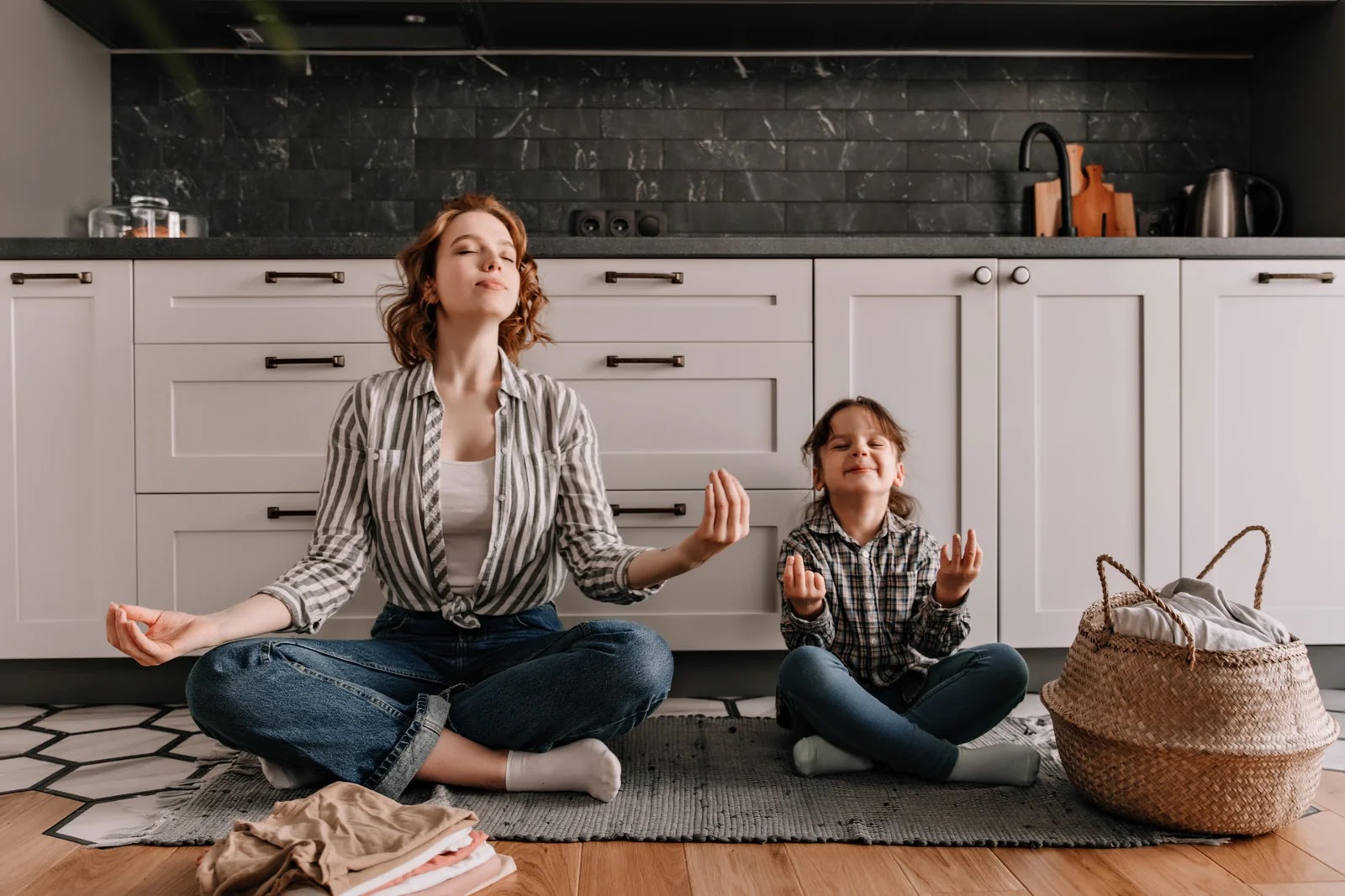All parents yell at their children at least once in a while. More often than not, they do this not because they are detonating monsters, but because they are tired, exhausted, burned out physically and emotionally - and are no longer able to contain themselves.
In fact, a parent's cry is a manifestation of despair, a confession of one's own pedagogical helplessness, an attempt to quickly achieve the desired result from children.
Yes, crying often manages to solve a momentary problem, but it usually does not affect children's behavior globally.
If you yell at children from time to time, in a fit of despair, anger and fatigue, simply because you broke loose - this is bad, but not fatal. Children usually feel your condition and feel sorry for mom or dad rather than being afraid of them. Another thing is if screaming has become an integral part of your communication with children - you yell at them constantly, daily, for any reason and are no longer able to communicate with them in any other way. In this case, devastating consequences for both your psyche and the psyche of children cannot be avoided.
The aftermath of a scream
#1 Essentially, screaming teaches children to be afraid of the parent, not aware of the consequences of their actions. Children basically get an idea of what is good and what is bad from their parents. Therefore, if rage and aggression on your part have become a part of everyday life, children begin to think that this is normal. And this negatively affects their behavior.
#2 Children who are yelled at by their parents become aggressive and unrestrained in their language.
#3 In general, regardless of the context, a cry is an expression of anger. Screaming frightens children and makes them feel insecure .
If yelling is accompanied by offensive remarks and derogatory remarks, it may qualify as emotional abuse . Therefore, no matter how the children behave, it is important to try to control yourself, remain calm and not scream. Children need to feel that you love and accept them despite their bad behavior.
What Happens When You Don't Yell at Children
When children feel unconditional love, acceptance, and security, their emotional closeness with their parents increases. And there are fewer situations when you have to shout at them.
Love works better than fear.
In favorable conditions, children begin to better perceive what they are told and respond more positively to the words of their parents.


0 Comments